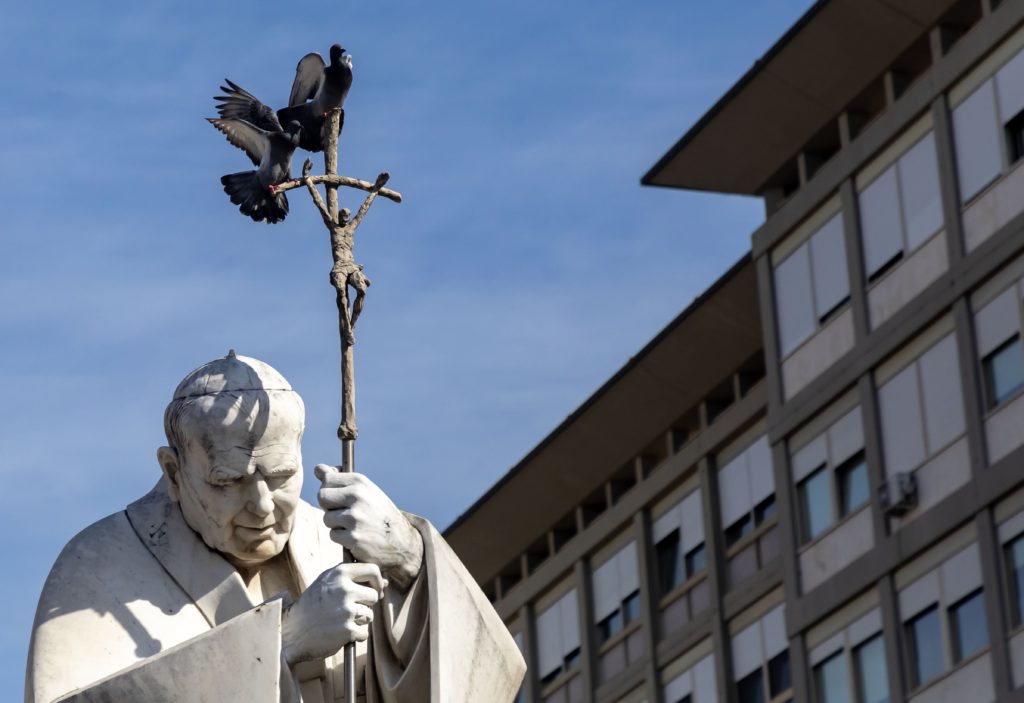Vatican in Suspense: Pope Francis' Health Sparks Succession Speculation

The potential incapacitation of a pope presents a complex and rarely discussed scenario within the Catholic Church's intricate governance structure. While the Vatican has protocols in place, the situation remains unprecedented in modern times and would trigger a series of delicate diplomatic and spiritual challenges.
If a pope were to become seriously ill, mentally incapacitated, or unable to fulfill his papal duties, the Church has several potential pathways to address the crisis. Historically, the Code of Canon Law provides mechanisms for addressing such extraordinary circumstances, though they have rarely been tested in practice.
The most likely scenario would involve the pope's resignation, following the precedent set by Pope Benedict XVI in 2013. Canon Law allows a pope to voluntarily step down if he believes he can no longer effectively lead the Church. This provides a dignified and orderly transition of power.
In more extreme cases where the pope is unable to communicate or make decisions, the College of Cardinals might be called upon to assess the situation. They could potentially declare the papal seat vacant and initiate the process of selecting a new pope through a conclave.
Modern medical advances and increased transparency mean that any potential incapacitation would likely be carefully managed to maintain the Church's stability and spiritual continuity. The Vatican's sophisticated communication systems and diplomatic networks would work to ensure a smooth transition that preserves institutional integrity.
While such a scenario remains hypothetical, it underscores the complex mechanisms that protect the Catholic Church's leadership and ensure continuous spiritual guidance for millions of global followers.
